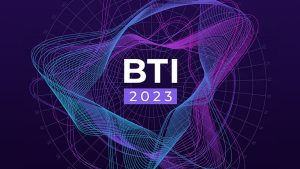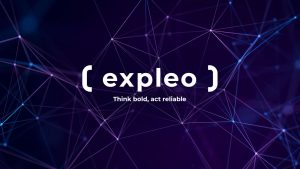Bold ambitions
A world driven by connected technology requires a lot of energy to keep turning. Around 24,000 terawatt-hours of electricity globally each year, in fact. Yet only 28% of that energy is generated sustainably and 60% comes from coal and gas.
With electricity consumption trebling since 1980 and set to grow further, our reliance on fossil fuels must be addressed to prevent further damage to environment. Thermonuclear fusion – the process which powers the sun – offers the potential of a truly clean energy future.
Reliable solutions
The International Thermonuclear Experimental Reactor (ITER) is a worldwide initiative looking to solve the challenge of clean, cheap and plentiful energy through the same technology that powers the sun.
Since 2018, Expleo has been working with Fusion for Energy, the European agency contributing to ITER and is the European Union’s organisation responsible for Europe’s contribution to ITER, the worlds largest international scientific partnership aiming to demonstrate fusion as a sustainable source of energy.
Expleo is leading the systems engineering efforts on the project in the pursuit of revolutionise the global energy landscape, supporting design and documentation as well as interoperability and integration of all-new components manufactured for the reactor.
Project benefits
Nuclear fusion has the potential to completely transform energy production worldwide, providing bountiful clean energy to meet the needs of today and tomorrow. It relies on fuels that are both readily available and almost infinite; enough lithium needed to fuel the process for millions of years can be found in the planet’s seas and oceans. Similarly, it produces no CO2 or long-lived radioactive waste as by-products.
What’s next?
The final phase of the project started in 2007 and progresses towards its goal of demonstrating the technical feasibility of Nuclear Fusion as an energy source. Expleo continues to support Fusion For Energy on key activities relating to regulation, safety and compliance as the programme aims to demo nuclear fusion for the first time towards the end of this decade.





